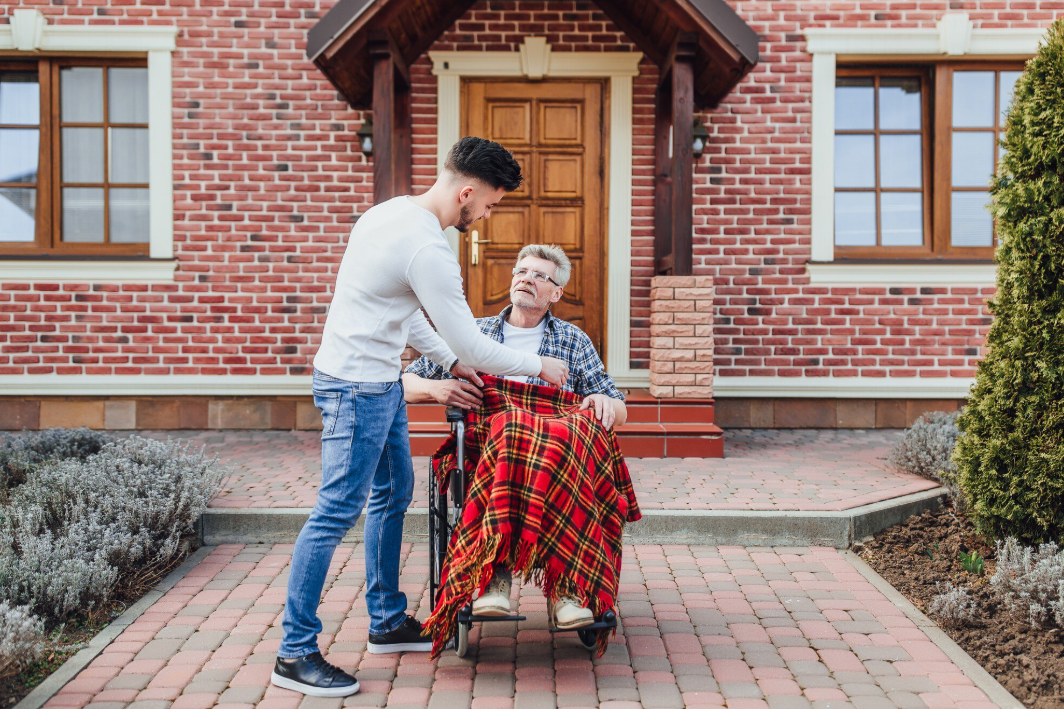The Importance of Companionship in Elderly Care
As people age, social interaction and emotional support become increasingly important. Loneliness and isolation can negatively impact both physical and mental health. Companionship is a vital aspect of elderly care, helping seniors maintain a sense of purpose, connection, and overall well-being.
1. Emotional Well-being
- Regular companionship reduces feelings of loneliness and depression.
- Encourages seniors to share their thoughts and emotions, improving mental health.
- Creates a sense of belonging and emotional security.
2. Cognitive Benefits
- Social interaction stimulates the brain and helps maintain cognitive functions.
- Engaging in conversations, games, or hobbies promotes mental agility.
- Prevents or delays memory decline and reduces the risk of dementia-related symptoms.
3. Encourages Daily Activity
- Companionship motivates seniors to stay active and engaged.
- Participation in walks, exercises, or household tasks promotes physical health.
- Helps maintain independence while offering supportive guidance when needed.
4. Safety and Support
- Having a companion ensures someone is present in case of emergencies.
- Provides reassurance and assistance with daily tasks, medication reminders, and appointments.
- Reduces the risk of accidents and promotes confidence at home.
5. Strengthens Family Connections
- Companions can bridge communication between seniors and their families.
- Offers families peace of mind knowing their loved one is emotionally supported.
- Allows families to focus on quality interactions rather than constant supervision.
Companionship in elderly care goes beyond providing company—it enhances emotional, cognitive, and physical well-being. A supportive presence can significantly improve quality of life, foster independence, and bring peace of mind to both seniors and their families. Prioritizing companionship ensures that seniors live with dignity, happiness, and connection.




